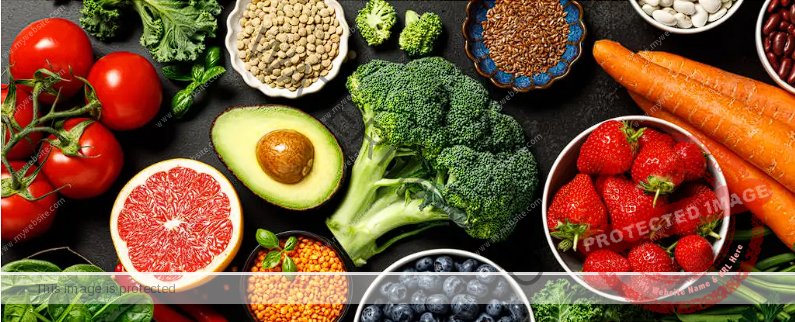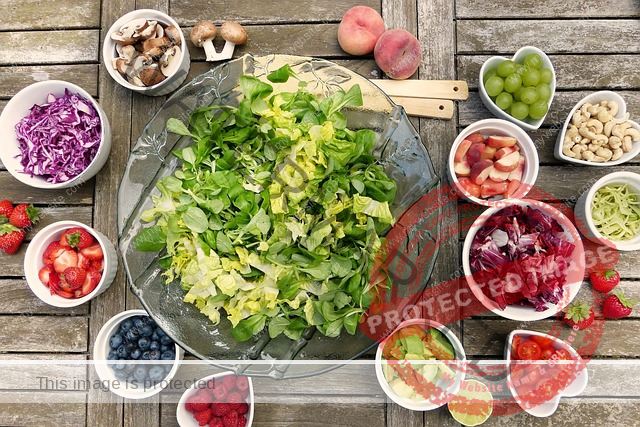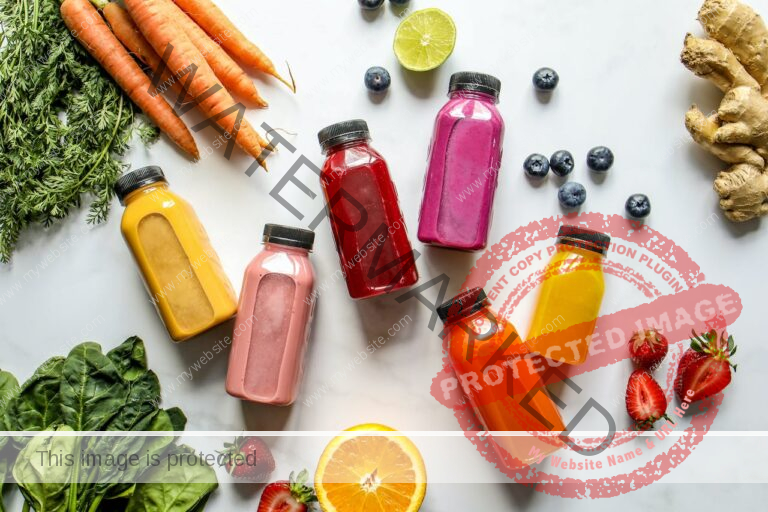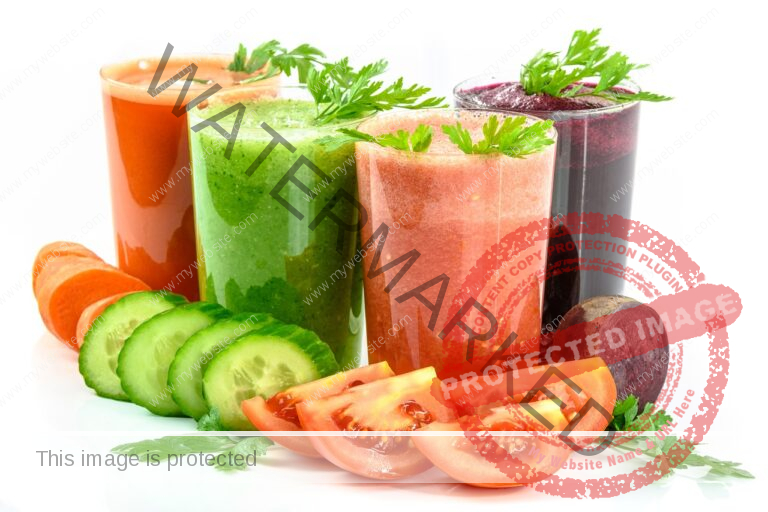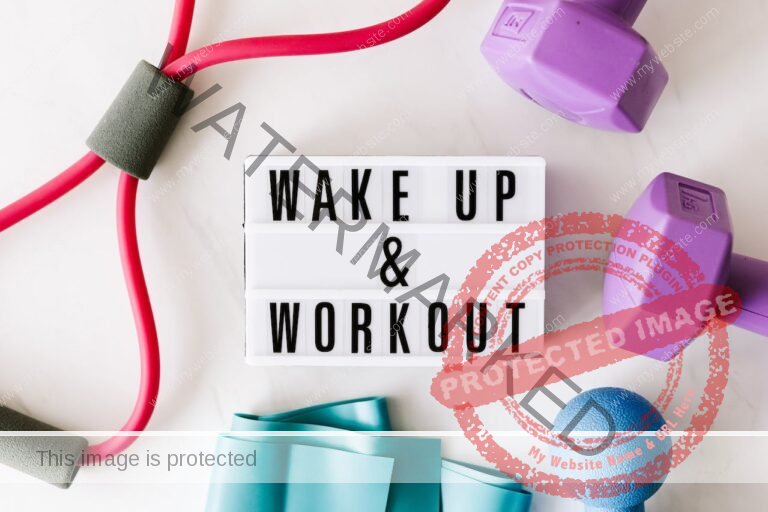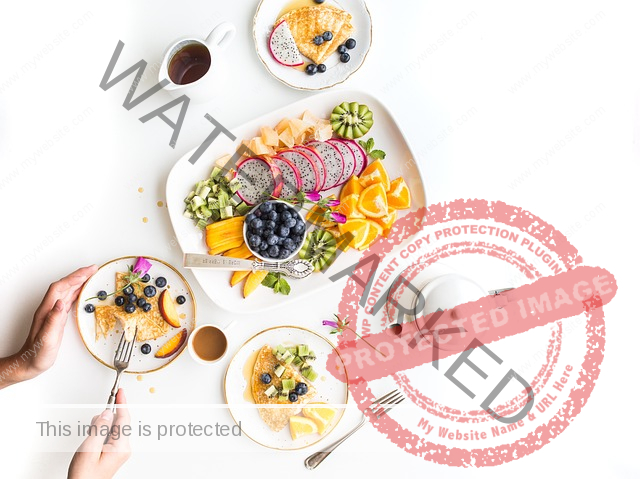Healthy Diet for Bodybuilding
Introduction:
A healthy diet for bodybuilding is essential to support muscle growth, provide energy for intense workouts, and promote overall well-being. Here are some general guidelines for a bodybuilding-friendly diet:
-
Adequate Protein Intake:Healthy Diet for Bodybuilding
- Healthy diet for bodybuilding like Protein is crucial for muscle repair and growth. Aim for 1.6 to 2.2 grams of protein per kilogram of body weight.
- Good sources of protein include lean meats, poultry, fish, eggs, dairy products, legumes, and plant-based protein sources like tofu and tempeh.
- Protein is essential for Healthy diet for bodybuilding and muscle repair and growth. Include lean sources such as chicken, turkey, fish, eggs, dairy, tofu, legumes, and plant-based protein sources like quinoa and lentils.
- Aim for around 1.2 to 2.2 grams of protein per kilogram of body weight, adjusting based on your individual needs and goals.
-
Balanced Macronutrients:Healthy Diet for Bodybuilding
- Include a Healthy diet for bodybuilding – proteins, carbohydrates, and fats – in your diet.
- Carbohydrates are important for energy. Choose complex carbohydrates like whole grains, brown rice, quinoa, sweet potatoes, and fruits.
- Healthy fats, such as those found in avocados, nuts, seeds, and olive oil, are essential for hormone production and overall health.
- Carbohydrates are the body’s primary energy source, especially during intense workouts. Choose complex carbs like whole grains, brown rice, quinoa, sweet potatoes, fruits, and vegetables.
- Tailor your carbohydrate intake based on your activity level and training intensity.
-
Caloric Surplus or Deficit:Healthy Diet for Bodybuilding
- Healthy diet for bodybuilding depending on your goals, you may need a caloric surplus for muscle building or a caloric deficit for fat loss.
- Adjust your calorie intake based on your individual needs and goals.
- Healthy fats are important for hormone production and overall health. Include sources like avocados, nuts, seeds, olive oil, and fatty fish (such as salmon).
- Aim for a balance between saturated, monounsaturated, and polyunsaturated fats.
-
Meal Timing:
- Healthy diet for bodybuilding as Eat regular, balanced meals spaced throughout the day to provide a steady supply of nutrients to your muscles.
- Consider having a post-workout meal containing both protein and carbohydrates to support recovery.
- Eat smaller, balanced meals every 3-4 hours to maintain a steady supply of nutrients for energy and recovery.
- Consider having a source of protein and carbohydrates before and after workouts to support muscle protein synthesis and replenish glycogen stores.
-
Hydration:
- Drink plenty of water to stay hydrated, support digestion, and help transport nutrients.
- Consider the intensity and duration of your workouts when determining your hydration needs.
- Staying hydrated is crucial for performance and recovery. Drink plenty of water throughout the day, and consider factors like climate, exercise intensity, and body weight when determining your fluid needs.
-
Vitamins and Minerals:
- Consume a variety of fruits and vegetables to ensure you get a wide range of vitamins and minerals that support overall health and recovery.
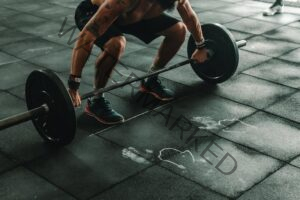
-
Supplements:
- While it’s best to get nutrients from whole foods, supplements can be useful to fill gaps in your diet. Common supplements for bodybuilders include whey protein, creatine, and branched-chain amino acids (BCAAs).
- While it’s best to get nutrients from whole foods, supplements can be useful to fill nutritional gaps. Common supplements for bodybuilders include protein powder, creatine, omega-3 fatty acids, and vitamin D. Consult with a healthcare professional before starting any new supplements.
-
Limit Processed Foods and Added Sugars:
- Minimize your intake of processed foods and foods high in added sugars, as they can contribute to unwanted fat gain and provide empty calories.
- Adjust your calorie intake based on your goals. To build muscle, you generally need a slight caloric surplus, while fat loss requires a caloric deficit. Monitor your progress and make adjustments accordingly.
-
Individualization:
- Tailor your diet to your individual needs, taking into account factors such as age, gender, metabolism, and any dietary restrictions or preferences.
-
Consultation with Professionals:
- If possible, consult with a registered dietitian or a nutritionist to create a personalized nutrition plan that aligns with your bodybuilding goals.
Conclusion:
Healthy diet for bodybuilding remember, the key to a successful healthy diet for bodybuilding is consistency and sustainability. It’s important to make choices that you can maintain in the long term for lasting results. Additionally, it’s advisable to consult with healthcare or nutrition professionals before making significant changes to your diet, especially if you have any underlying health conditions. It’s essential to consult with a healthcare professional or a registered dietitian, especially if you have any pre-existing health conditions or specific dietary needs. They can provide personalized advice based on your individual circumstances.
